Hi, friends. Admittedly, several classics I’ve read in the last month or two await a feature on the blog; however, circumstances sometimes force changes. On February 25th, China’s Communist Party proposed eliminating presidential term limits, and the bill is expected to pass in Parliament. Straight out of a The Onion article (jk, this is real life sadly), President Xi Jinping banned the novel Animal Farm by George Orwell. I know I call any literature that’s not Victorian short and easy-to-read, but this book is a novella. It’s genuinely short enough to read in 2-3 hours and so necessary. This book still getting banned in 2018 should signify its poignancy. Sorry about the lengthy intro. Let’s get into it!
Animal Farm by George Orwell

Published in 1945, Animal Farm is a biting criticism of communism/fascism, illustrating the inevitable consequences of believing that people can handle unlimited power without succumbing to corruption. It’s the simple tale of becoming that which you hate. The novella opens with a wise, old boar named Old Major leading an animal meeting at night; Old Major questions the true order of nature and stokes the resentments of his “comrades” for evil, tyrannical humans. At Manor Farm, the animals are tired of constantly laboring to serve the farmer, Mr. Jones. Old Major, who promoted animal equality, soon dies, and two pigs, Snowball and Napoleon, carry on his legacy. The pigs lead the animals in rebellion, and “Manor Farm” is exchanged for “Animal Farm” after they chase off all the humans. The animals agree to live by the Seven Commandments of Animalism, the number one law reading, “All animals are equal.” As the book progresses, the pigs become more powerful, and everything that happens in the story reflects a political reality. For example, when Snowball criticizes Napoleon, he’s chased off the property while Napoleon uses him as the scapegoat for anything that had recently gone wrong. This occurrence reflects Stalin turning on Trotsky (more info below). The dogs are considered the cleverest animal behind the pigs; Napoleon convincing the dogs to do his bidding and kill those who provoke him is reminiscent of the term useful idiot. Like those examples, every character and every scene is worth pondering because they all represent broader concepts.
Years later, the Seven Commandments of Animalism have been reduced to a single tenant: “All animals are equal, but some animals are more equal than others.” That statement alone is both extremely iconic and incredibly ironic. The last scene–the image the reader is left with–sends a chill up my spine.
Additional Background

Animal Farm is allegorical for the 1917 Bolshevik Revolution in Russia. Old Major symbolizes Vladimir Lenin, Mr. Jones symbolizes Tsar Nicholas II, Napoleon symbolizes Joseph Stalin, and Snowball symbolizes Leon Trotsky. Skim this article for more information on the Stalin-Trotsky feud, reflected in the Napoleon-Snowball feud.
Getting the book published was difficult because no one wanted to associate with anti-Soviet literature during World War II. Britain, the US, and Russia were allies in WWII. Fun fact: one of the people who rejected publication was modernist poet T.S. Eliot.
George Orwell was a “good socialist” who believed that Stalin corrupted socialism; he disliked communism and capitalism. During the Spanish Civil War from 1936-1939, Orwell briefly fought on behalf of “good socialists” and got the idea for this novella.
The Eastern Bloc (the formerly communist nations of Eastern Europe) had this novella banned until the end of communist rule in 1989. President Jinping of China banned the book in February 2018.
Thanks for reading! Take time to reflect that, while we may take our liberties for granted, not everyone in the world is free.
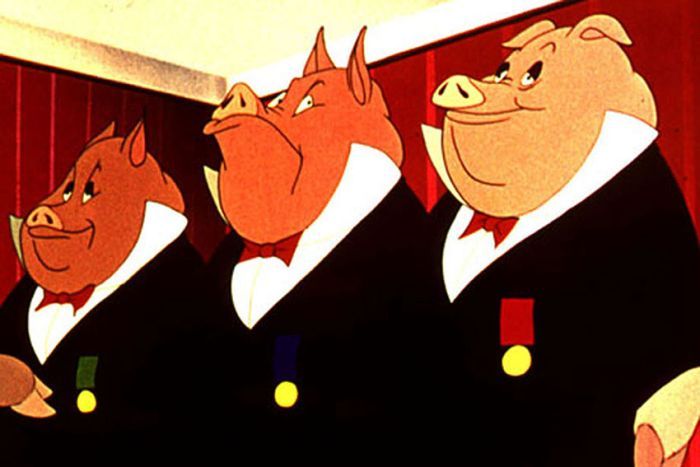
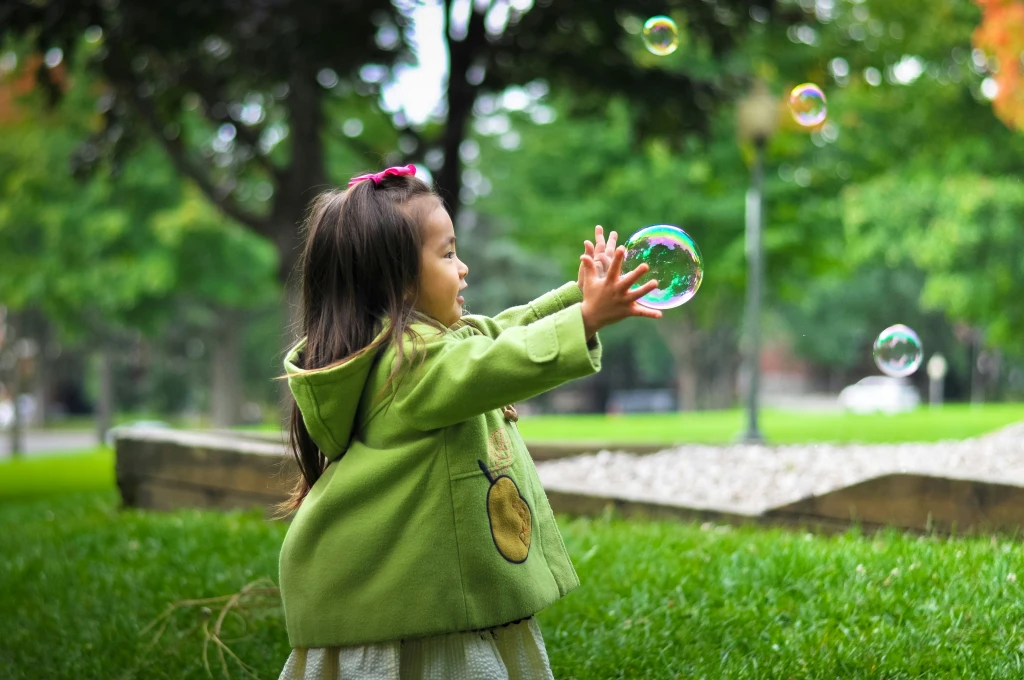
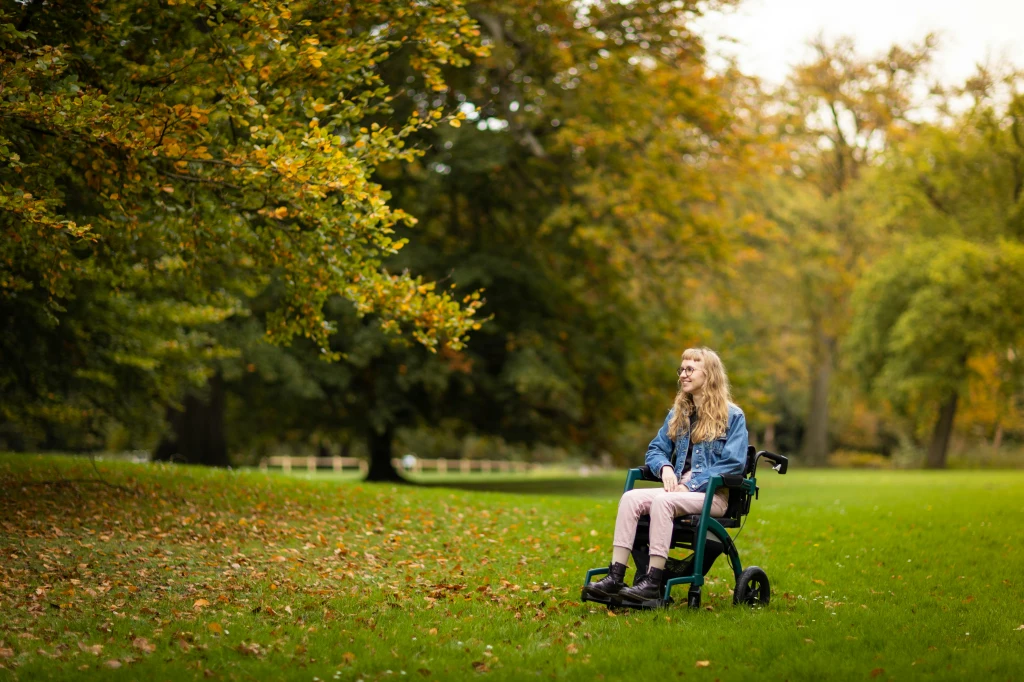
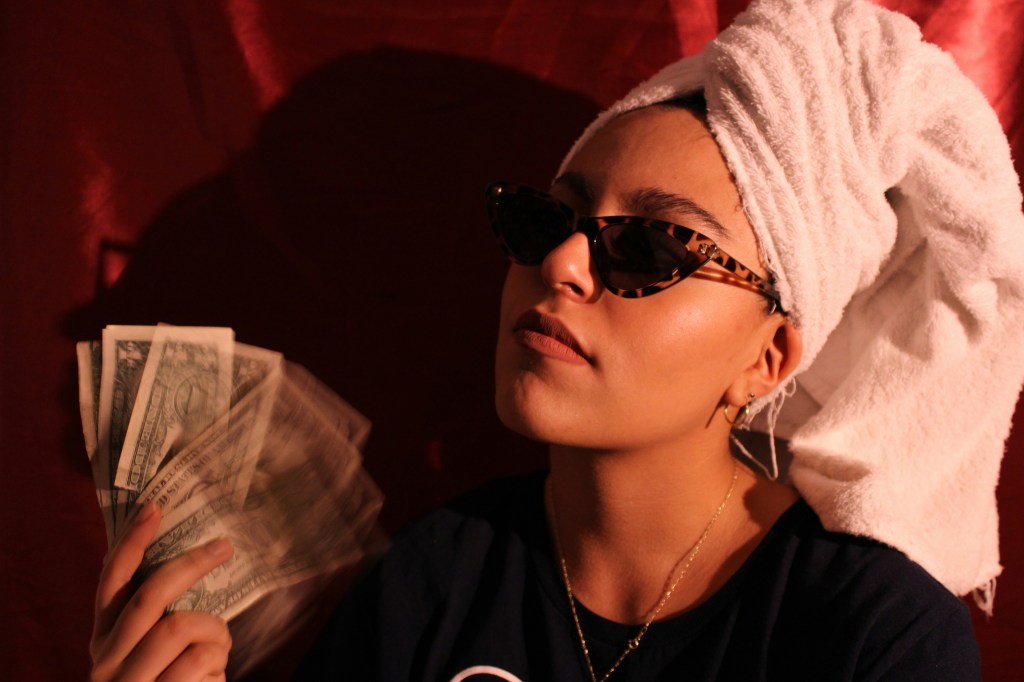
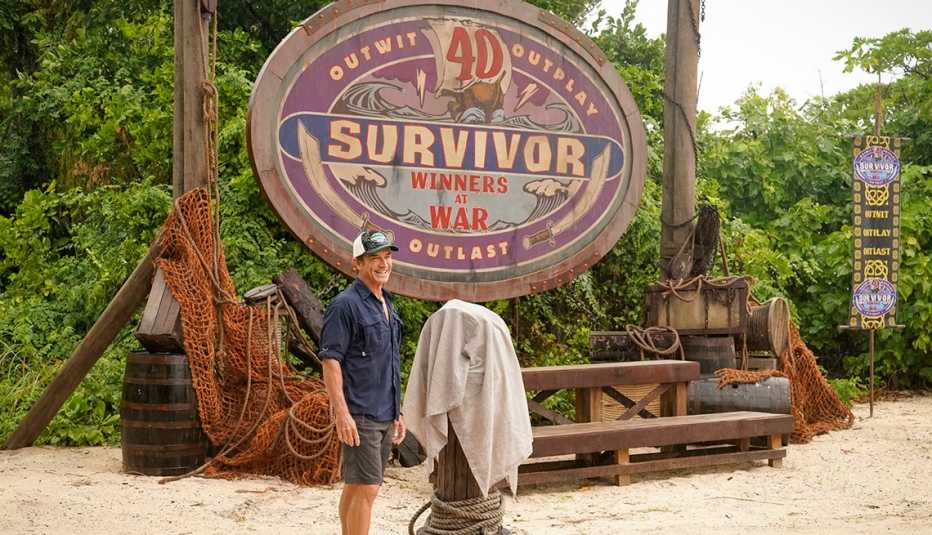
Leave a reply to Alison Cancel reply